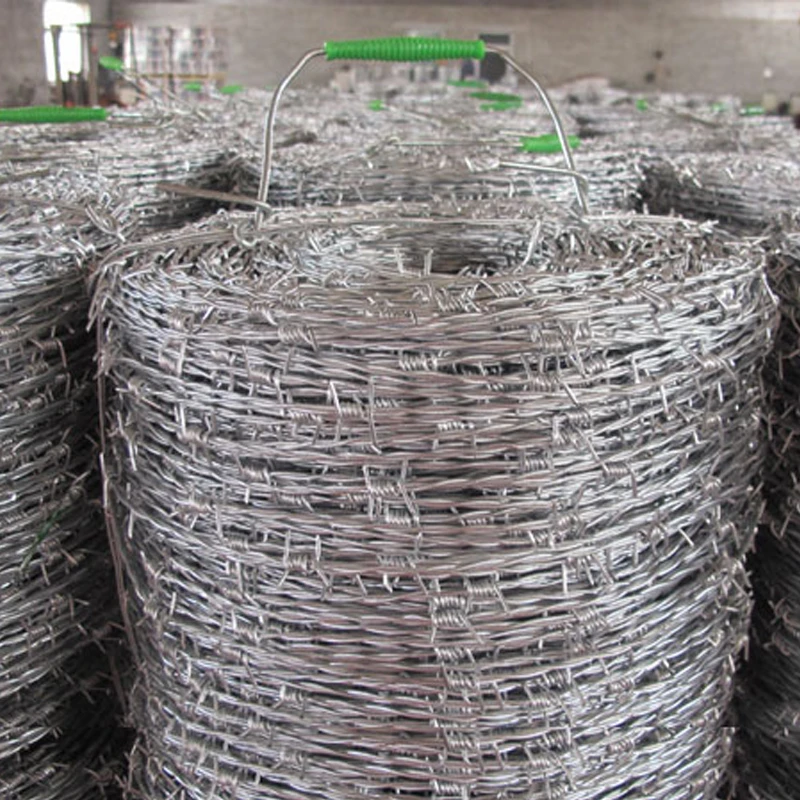Understanding GI Tie Wire Versatility in Construction and Beyond
GI tie wire, short for Galvanized Iron Tie Wire, is an essential material in various industries, particularly in construction and engineering. Renowned for its strength, durability, and resistance to corrosion, this versatile wire has become a go-to choice for builders, artisans, and hobbyists alike. This article explores the characteristics, applications, and benefits of GI tie wire that make it indispensable in numerous projects.
What is GI Tie Wire?
GI tie wire is a type of wire that has been coated with a layer of zinc through a process known as galvanization. This coating provides exceptional protection against rust and enhances the wire's longevity. Typically available in various gauges, GI tie wire can be thin enough for delicate tasks or thicker for more demanding applications. Its properties make it ideal for tasks requiring binding, tying, and securing different materials.
Applications of GI Tie Wire
The applications of GI tie wire are vast and varied. In the construction industry, it is primarily used for
1. Reinforcement GI tie wire is commonly employed to tie rebar together, providing structural integrity to concrete structures. This is crucial in ensuring that buildings, bridges, and other infrastructure can withstand various loads and stresses.
2. Fencing With its robust nature, GI tie wire is often used in fencing applications to secure wire mesh or barbed wire, providing enhanced security for properties.
3. Craftsmanship Artisans and DIY enthusiasts utilize GI tie wire to create sculptures, craft items, and even furniture. Its pliability allows for intricate designs while retaining strength.
4. Electrical Applications In some cases, GI tie wire is used in electrical installations, particularly to secure cables or wires in place.
gi tie wire

5. Agricultural Use Farmers use GI tie wire for various tasks, such as supporting crops, securing plants, or even constructing simple structures like trellises.
Benefits of Using GI Tie Wire
The popularity of GI tie wire in diverse applications can be attributed to several key benefits
- Corrosion Resistance The galvanization process provides an effective barrier against moisture and other corrosive elements, ensuring the longevity of the wire. This makes it suitable for outdoor use where exposure to the elements is a concern.
- High Tensile Strength GI tie wire has excellent tensile strength, which means it can withstand significant pulling forces without breaking. This is particularly beneficial in construction, where structural integrity is paramount.
- Flexibility Despite its strength, GI tie wire remains flexible enough to be twisted, bent, and shaped to fit specific needs. This makes it user-friendly for various applications, from construction to crafting.
- Cost-Effective Compared to other types of wire or materials, GI tie wire is relatively inexpensive. Its durability ensures that it provides value for money, reducing the need for frequent replacements.
- Ease of Use GI tie wire typically comes in coils, making it easy to handle and cut to the desired length. This user-friendly nature facilitates efficient work processes, whether on a construction site or in a workshop.
Conclusion
In summary, GI tie wire is an incredibly versatile material that plays a vital role in construction and beyond. Its strength, flexibility, and resistance to corrosion make it an ideal choice for a multitude of applications. Whether reinforcing a building, crafting a decorative item, or securing plants in agriculture, GI tie wire proves to be an invaluable asset. As industries continue to evolve, the demand for reliable materials like GI tie wire will undoubtedly remain strong, cementing its position as a cornerstone in construction and various other fields.

















